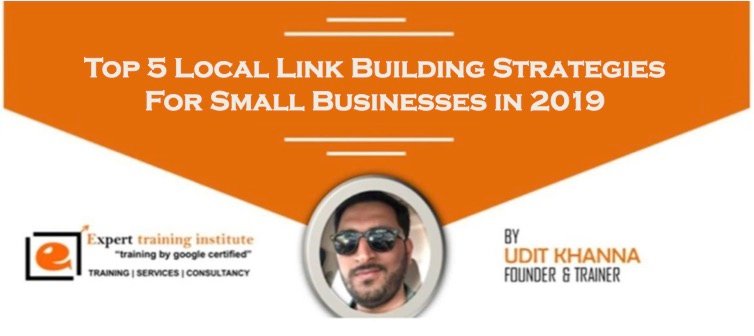How SEO Factors Work After Google Updates?
Ever wondered your website not getting expected traffic despite SEO? If yes then blame it on your online marketing practice that could have many flaws.
Here I’ve listed 8 biggest SEO factors that can help improve search rank of your website but you aren’t doing things in right way. If you can do things in right manner, you can see improvement in your website ranking.
1# Content marketing
Google no longer uses on meta tag counting for ranking websites. Today, it relies on artificial intelligence to determine search value of a web. If you are still writing content with keyword density in mind then you need changing your strategy. What you are doing is keyword stuffing as the keyword count will only irritate Google and it will take action according to Panda algorithm. Your focus should be on relevancy of the content with the business.
2# Title tag
Stop inserting keywords in title tags and start using snippets in title description. Snippet is a small piece of content that describes a page in the best possible manner and triggers clicks.
3# Link building
Time has come you rethink on your link building strategy. The usual way of pointing exact match anchor text links from most desirable PR URLs is forbidden by Google. If you don’t know about it then go through the Penguin 4.0 algorithm update. It isn’t that backlinks are totally declined by Google but that Google has become wary of building links with fraudulent methods. You need genuine links build with genuine method.
4# Press release
It is the most abused way of increasing backlink count but Google has put a tab over misuse of press releases. Writing press releases is still a great way for building backlinks but the content should be newsworthy. Releasing senseless press notes will only impact your search ranking and reliability in the long run.
5# Automated content
The first thing you should know about Google is that it still considers content as the most important factor in ranking web pages. And the second thing is that it reads content like a human using artificial intelligence. There was a time when SEO community could generate content using software and some SEOs are still following this practice but little do they know that they are accidentally devaluing their content. Say no to automated or spun content.
6# Mobile experience
For Google, it is mobile first. It is only responsive websites that will get place in search engine result pages. Google is working towards a mobile first index that will also become a factor in ranking sites on desktop search. If you aren’t optimizing your site for mobile search then you are losing the race to your competitors.
7# Thin content
Writing 400 words to insert keywords is a waste of time as well as energy. Similarly writing 2000 words is wasting your time as no one would go through a lengthy content. The content should be interesting and up to an ideal length that makes an interesting read.
8# Guest blogging
Do you like blogging? If yes then go ahead. Google will award your content with quality links but if you are blogging only for links then stop as Google could punish you for writing senseless blogs. The story should make sense.
Conclusion
Search engine optimization is a vast area with a multitude of factors to consider. Also the factors keep changing with algorithmic updates by Google. Practices that were useful in past are now considered outdated. It isn’t that Google has declined the past trends but that it has suggested improvement in those trends.




